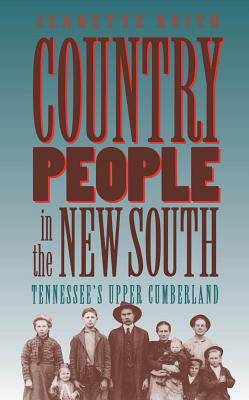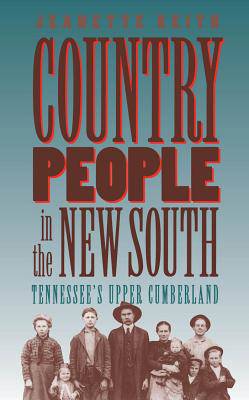
Vous voulez être sûr que vos cadeaux seront sous le sapin de Noël à temps? Nos magasins vous accueillent à bras ouverts. La plupart de nos magasins sont ouverts également les dimanches, vous pouvez vérifier les heures d'ouvertures sur notre site.
- Retrait gratuit dans votre magasin Club
- 7.000.000 titres dans notre catalogue
- Payer en toute sécurité
- Toujours un magasin près de chez vous
Vous voulez être sûr que vos cadeaux seront sous le sapin de Noël à temps? Nos magasins vous accueillent à bras ouverts. La plupart de nos magasins sont ouverts également les dimanches, vous pouvez vérifier les heures d'ouvertures sur notre site.
- Retrait gratuit dans votre magasin Club
- 7.000.0000 titres dans notre catalogue
- Payer en toute sécurité
- Toujours un magasin près de chez vous
Description
Using the Tennessee antievolution 'Monkey Law, ' authored by a local legislator, as a measure of how conservatives successfully resisted, co-opted, or ignored reform efforts, Jeanette Keith explores conflicts over the meaning and cost of progress in Tennessee's hill country from 1890 to 1925.
Until the 1890s, the Upper Cumberland was dominated by small farmers who favored limited government and firm local control of churches and schools. Farm men controlled their families' labor and opposed economic risk taking; farm women married young, had large families, and produced much of the family's sustenance. But the arrival of the railroad in 1890 transformed the local economy. Farmers battled town dwellers for control of community institutions, while Progressives called for cultural, political, and economic modernization. Keith demonstrates how these conflicts affected the region's mobilization for World War I, and she argues that by the 1920s shifting gender roles and employment patterns threatened traditionalists' cultural hegemony. According to Keith, religion played a major role in the adjustment to modernity, and local people united to support the 'Monkey Law' as a way of confirming their traditional religious values.
Until the 1890s, the Upper Cumberland was dominated by small farmers who favored limited government and firm local control of churches and schools. Farm men controlled their families' labor and opposed economic risk taking; farm women married young, had large families, and produced much of the family's sustenance. But the arrival of the railroad in 1890 transformed the local economy. Farmers battled town dwellers for control of community institutions, while Progressives called for cultural, political, and economic modernization. Keith demonstrates how these conflicts affected the region's mobilization for World War I, and she argues that by the 1920s shifting gender roles and employment patterns threatened traditionalists' cultural hegemony. According to Keith, religion played a major role in the adjustment to modernity, and local people united to support the 'Monkey Law' as a way of confirming their traditional religious values.
Spécifications
Parties prenantes
- Auteur(s) :
- Editeur:
Contenu
- Nombre de pages :
- 312
- Langue:
- Anglais
- Collection :
Caractéristiques
- EAN:
- 9780807845264
- Date de parution :
- 14-08-95
- Format:
- Livre broché
- Format numérique:
- Trade paperback (VS)
- Dimensions :
- 147 mm x 235 mm
- Poids :
- 480 g







